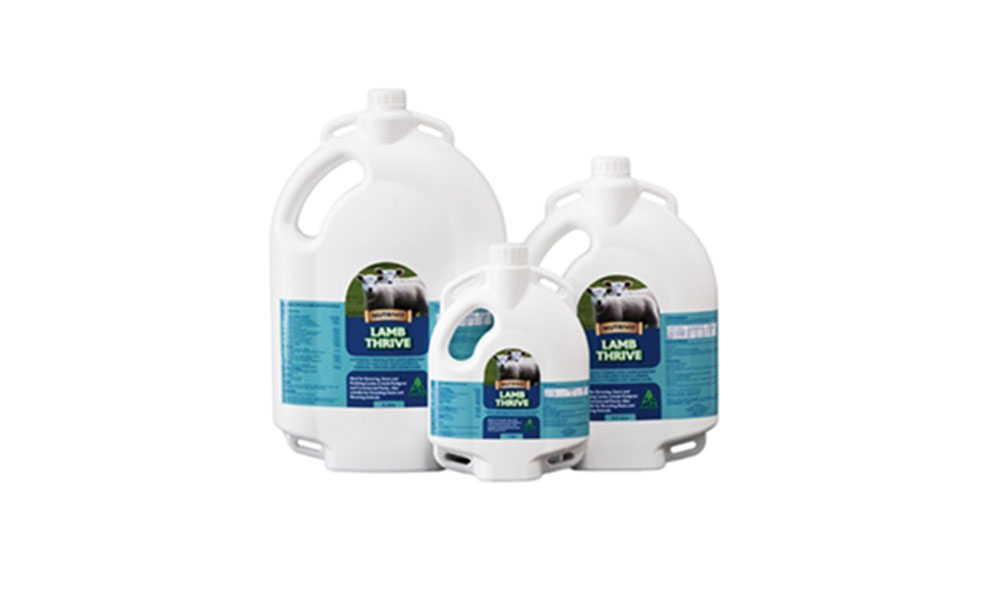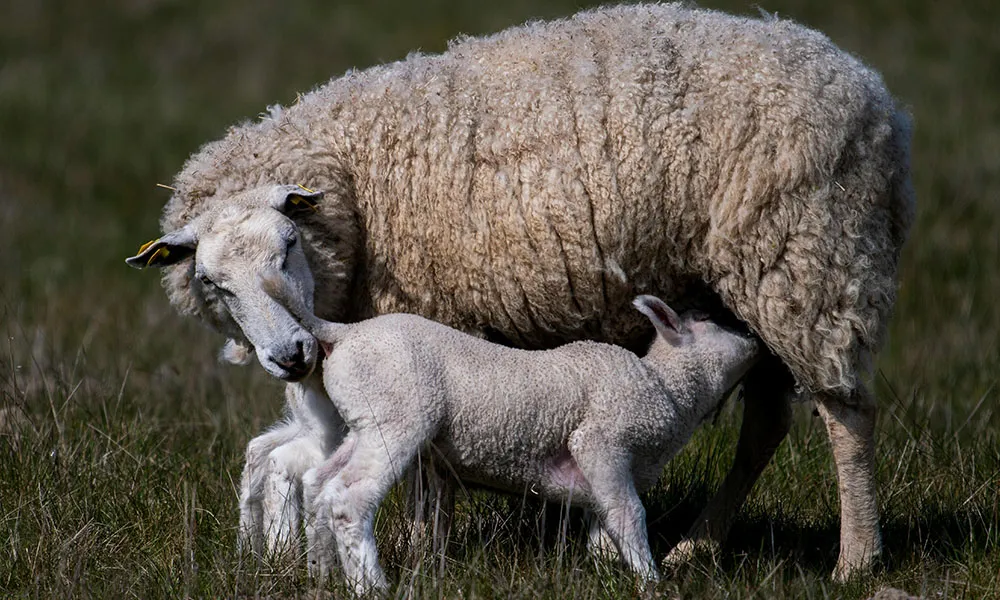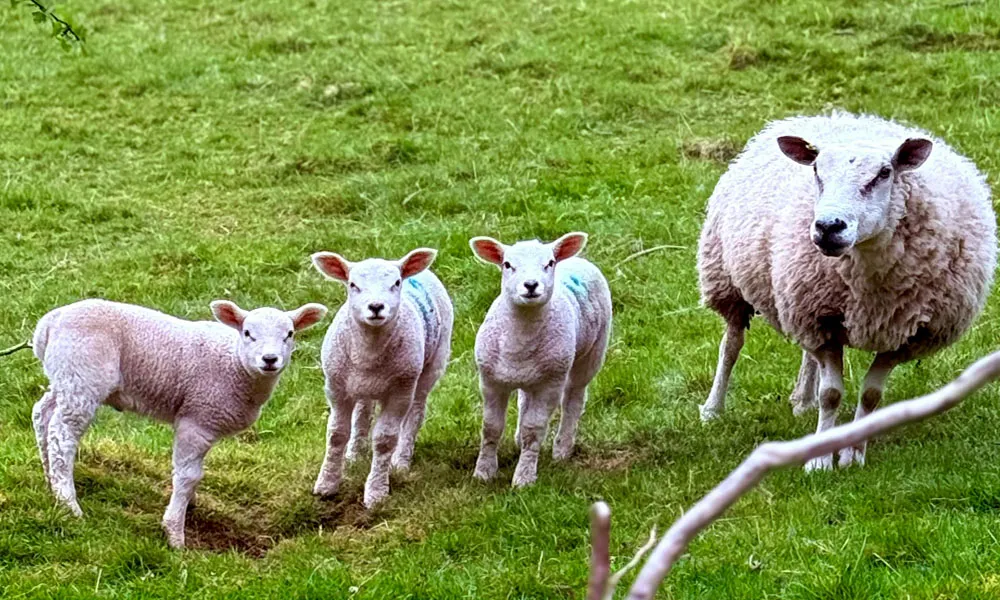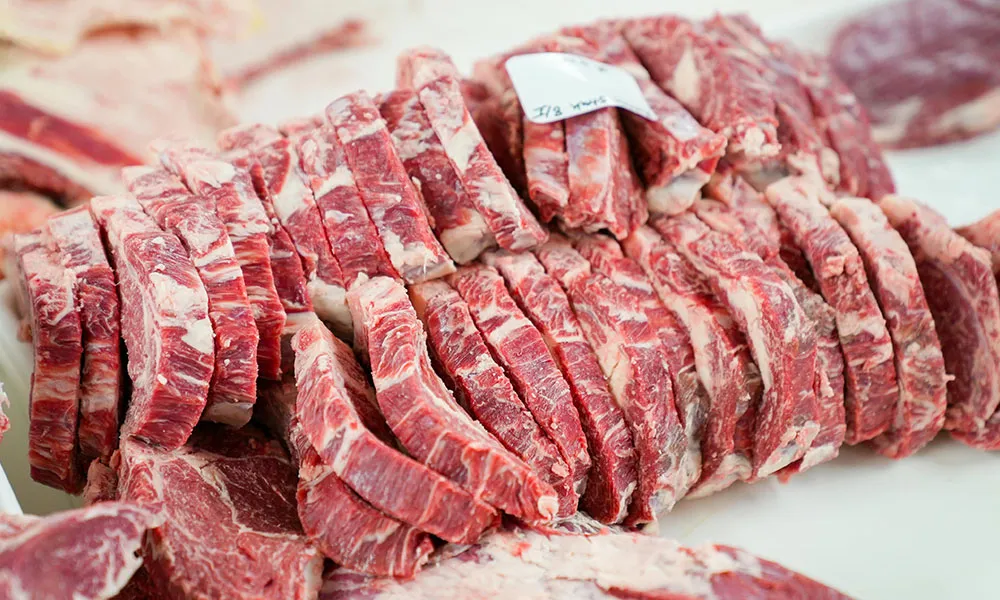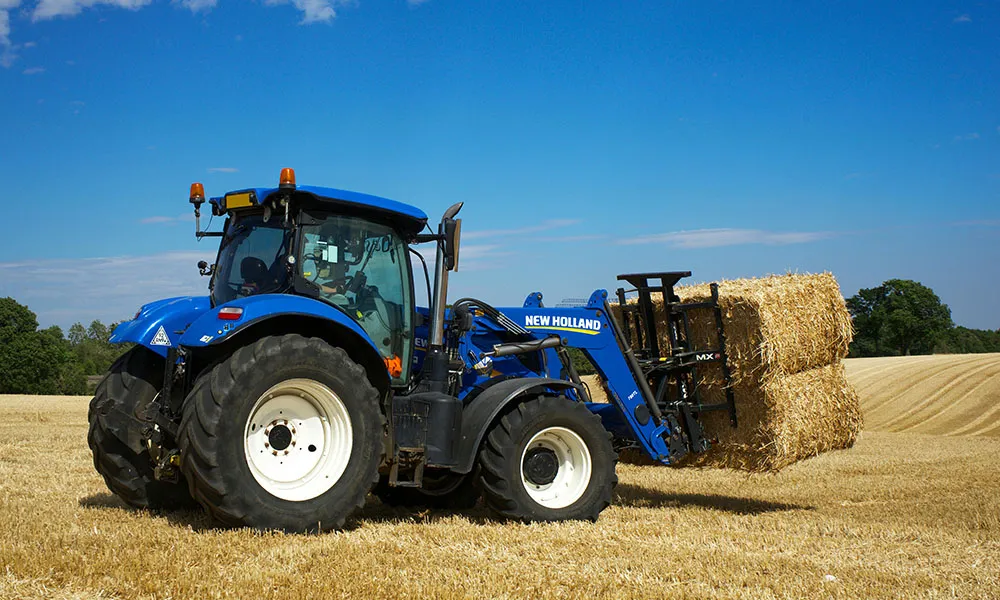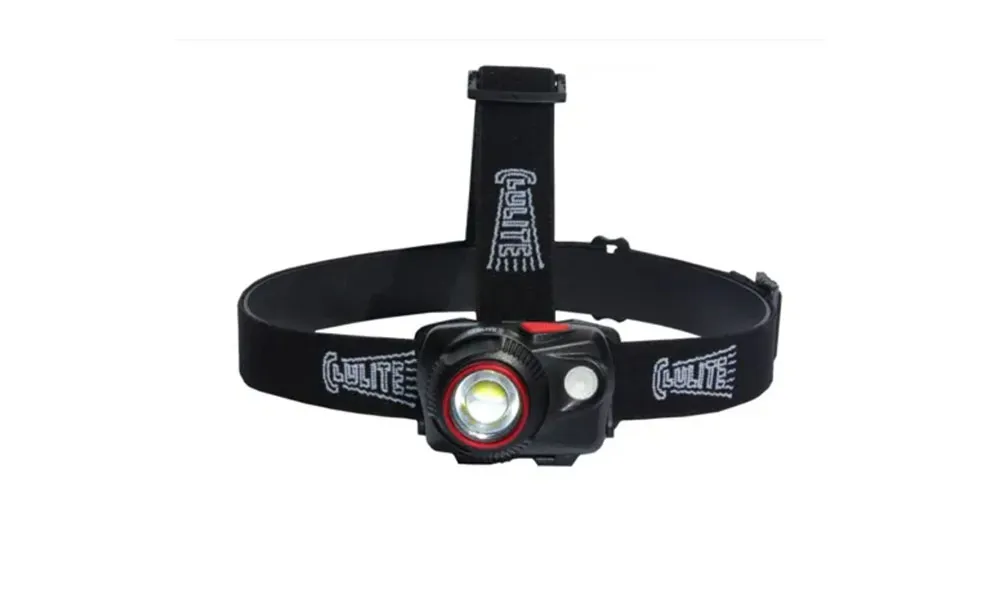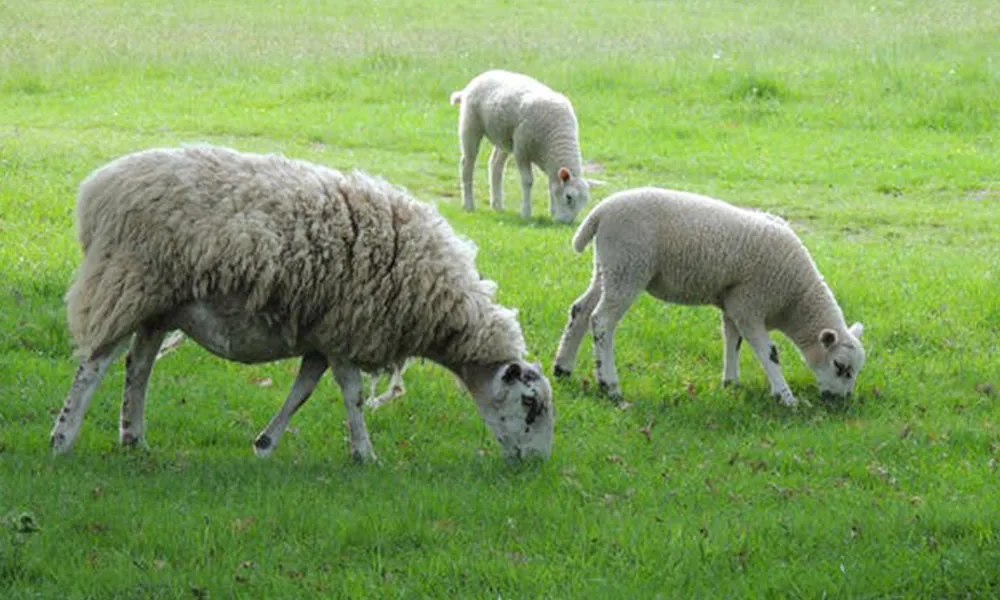
Agridirect.ie discuss weaning lambs this summer, and explain why correct supplementation is the key to success.
Weaning. It’s one of those times of the year when farmers expect a few sleepless nights, especially if they have paddocks close to the house. Aside from the near constant racket of lambs and ewes bleating in protest at their separation, farmers are always troubled by the fear that lambs will start to fail once taken off mother’s milk. And with good reason. Weaning is a particularly vulnerable time for lambs, and can place enormous strain on the young animal’s vitamin and mineral reserves during a crucial developmental period. Deficiencies, as well as parasites, can cause a lack of thrive, illness and even death in struggling lambs.
With this in mind, all sheep farmers need to have a strong flock management regime in place for weaning season.
Separation
Typically, you should separate lambs from their mothers when they are about 3-4 months old. You don’t want to leave them on any longer, or the pressure of feeding will place undue stress on ewes at a time when they need to start putting down body condition for the approaching tupping season.
At the same time, we should not underestimate how stressful the separation between ewe and lamb can be for the animals. The trauma of weaning can put animals’ bodies under intense strain, so it is better to offset this risk in the couple of weeks prior to separation. This should be done by trying to reduce the ewe’s milk production. Studies indicate that reducing meal, allowing ewes to graze poorer quality grass, and giving lambs access to additional fodder can reduce milk output and soften the blow of separation for both animals.
General health check
Before weaning, you need to do a general health check of all lambs. You want to make sure that lambs are currently thriving and have reached a good weight (somewhere in the mid-thirties kgs is an ideal size for lambs at weaning age). If you note that lamb weights are generally low, you will have to identify the cause. Parasites are often the likeliest cause, though it is better not to jump to conclusions on this. Your lambs may be suffering from parasites, but this is not necessarily the only cause of small lambs. Always consider that grassland management, disease or deficiencies could be contributing to the problem.
Weaning and deficiencies
You should wean lambs on good quality grass, make sure that they are treated for skin parasites (preferably using a pour-on with a short withdrawal period), and dose them for fluke and worms. Supplementation is also extremely important for lambs at weaning. Lambs that are lacking in trace elements will not thrive, and are more susceptible to parasites and illness.
Among the deficiencies that affect weaned lambs, copper, iodine, cobalt and selenium are the most common. Cobalt deficiency is a particular concern and should be taken seriously. Cobalt is a naturally-occurring chemical element (vitamin B12). Without an adequate supply of vitamin B12, sheep cannot survive. They need it for the metabolization of energy and the production of red blood cells. The vitamin is stored in the liver, and also has a role in wool and body growth in sheep.
Lambs suffering from cobalt deficiency tend to lose their appetite. They will have a poor coat of wool and lack body condition. Weeping eyes, failure to thrive, scabby ears and anaemia are also signs of a lack of cobalt in lambs.
The right supplement
There are many supplements on the market that will help to offset the risk of mineral and trace element deficiency in weaned lambs. Among these, Allsure Sheep and Lamb Boluses and All Guard Lamb Boluses are excellent choices. For those who prefer to deliver supplements in drench form, Nutrivit Lamb Thrive is a great option that contains all of the vitamins and trace elements that weaned lambs need to get through the weaning period.
However, if you are primarily concerned about cobalt deficiency, the most affordable product on the market is the MHC Cobalt Drench. Unfortunately, this product does not contain copper, iodine or selenium.




